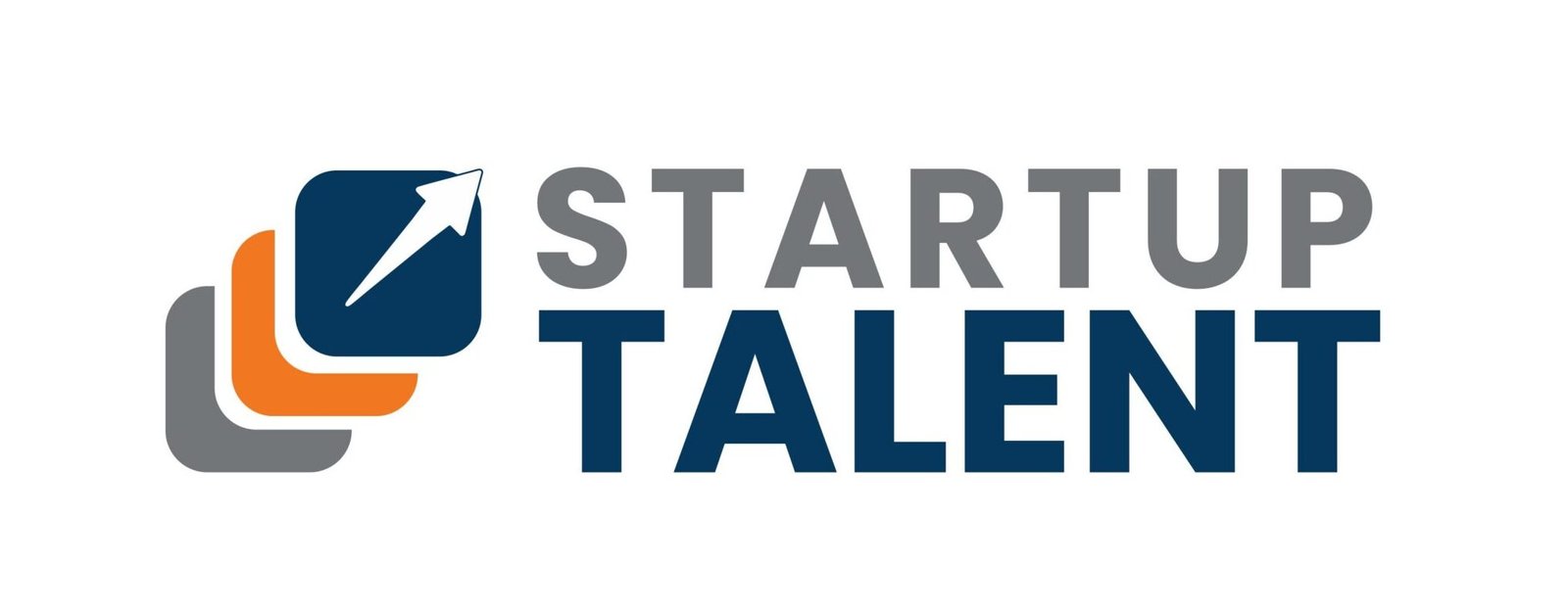In the high-stakes startup landscape, innovation is pivotal. A startup can only succeed if it is innovative in its approach and agile in its performance. A startup’s success depends upon its employees, who equip it to flourish in its set purpose. While hiring top talent is crucial, fostering a culture of continuous learning and development is equally important for long-term success.
This blog will discuss specific strategies that will enable a startup to cultivate a culture of learning that fuels growth, innovation, and success.
Providing opportunities for growth
A startup’s responsibility as an employer is to ensure that its workforce is content with their job roles. By offering employees access to workshops, staff training and development programs, online courses, and conferences, the company equips its workforce to develop their professional skill set. This practice also allows them to achieve their professional goals. By encouraging the startup workforce to pursue certifications and credentials, a startup takes care of its employees and positions them to make the most of their careers. This practice helps build a strong trust between the employer and the employee and equips the workforce to help the startup achieve new goals.
Lead by example
The startup must also learn to lead by example to inspire its workforce. By demonstrating a commitment to Employee Training and Development at all levels of the organization, a startup can inspire its workforce to do the same. To do this effectively, your startup can start with leadership. You must encourage your executives and managers to participate in training programs and professional development opportunities so that they can develop their skill sets. By setting examples through manager training and development, you elevate your startup’s chances of embracing employee development.
Promoting knowledge sharing
Knowledge sharing is an accessible way to impart information to those interested in learning. You can create platforms and forums where employees can share knowledge, best practices, and expertise with their viewers. By encouraging cross-functional collaboration and hosting mentorship programs, staff training, and development, you can facilitate the transfer of knowledge and skills within the organization and successfully fuel startup success through Employee Training and Development.
Provide ongoing feedback and support
Like most operations, imparting knowledge also requires ongoing feedback and support. By offering constructive feedback and coaching to your employees, you equip them to identify areas of development and improvement. Doing this will equip them to come up with action plans that will allow them to grow in their professional line of work. You can also create a supportive environment where employees feel comfortable seeking guidance and asking questions. By working on the overall climate within the startup, you elevate the chances of your employees focusing on developing their personal skill set and eventually being satisfied with their job roles so that they can be determined to achieve the set goals of the startup.
Fostering a growth mindset
As an employer, it will be your responsibility to create a growth mindset within your organization. You can encourage employees to adopt a growth mindset where challenges are considered opportunities for employee training and development. You can instruct them to see challenges as opportunities for learning rather than obstacles to avoid. By treating failures as a learning curve within the learning process, you encourage risk-taking practices among the workforce and equip them to be braver when it comes to functioning within the startup landscape. By encouraging experimentation, you embrace employee development and successfully fuel your startup for success.
Create a rewards and recognition program
As a startup founder, you will have to encourage your employees to strive for more. To do so effectively, you can create a rewards and recognition program where employees are encouraged to seek growth opportunities. You can incentivize the entire concept by recognizing their efforts once they achieve their set goals. By providing them with rewards such as paid vacation days, flexible work schedules, prizes, etc., you elevate their motivation in terms of achieving a specific goal. This practice equips them to work toward a particular goal and develop their skills simultaneously. Doing this helps keep your employees engaged with the startup’s overall purpose and allows you to fuel startup success through employee development.
Conclusion
To conclude, in the fast-paced and competitive world of startups, by developing the skill set of your employees, you enable them to flourish within the startup landscape while also ensuring that your company can achieve its overall goal. By investing in the continuous learning and growth of your workforce, your startup can drive innovation and increase employee engagement and retention.
This practice can also improve performance and productivity within the startup landscape and position your startup for long-term success. By cultivating a culture of learning that values and prioritizes employee development, you can position your Startup Talent to flourish in its overall purpose, empowering its workforce to achieve greatness and thrive in an ever-changing entrepreneurial landscape.






